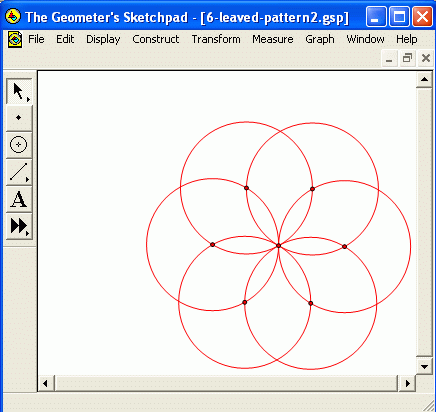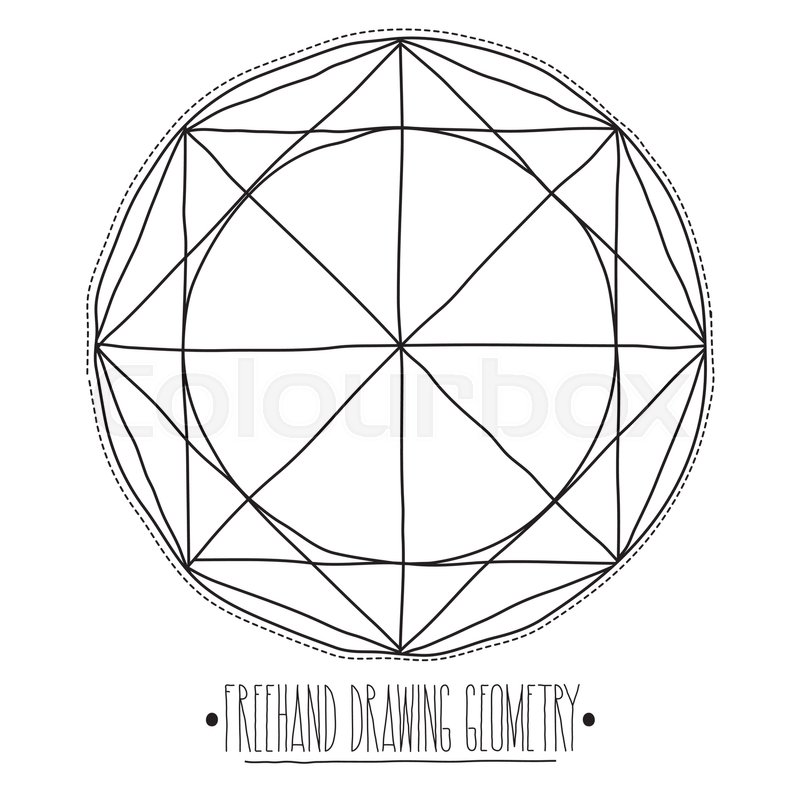

The Van Hiele level theory offers an explanation and a remedy for student difficulty with higher-order cognitive processes required for success in secondary school geometry. That low achievers in school mathematics performed relatively better in these nontraditional mathematics activities is an encouraging finding for mathematics educators and designers of open-ended learning environments. Students with relatively high mathematics school grades scored higher than students with lower grades on the factual recall test items but not on the conceptual understanding items. Learners who reported a relatively low preference for amount of instruction scored higher than their high-preference counterparts on the conceptual understanding test items.

Eighth-grade students were assigned to dyads and worked through 16 activities in The Geometer's Sketchpad, a dynamic geometry program. The effects of students' working memory capacity, preference for amount of instruction, spatial problem-solving ability, and school mathematics grades on 2 achievement measures were investigated, along with recall of factual information and conceptual understanding after controlling for ability. The teaching of mathematics for kindergarteners using tablet-oriented game-based learning and the RME theory has emerged as a vital area of study and academic research. We found that the students who were taught with educational intervention with the use of tablet-oriented game-based learning and the RME theory had a significant improvement in their understanding of multiplication and division in comparison to those taught using the traditional teaching method. The present study used one experimental and one control group.

GEOMETRY SKETCHPAD FREE SOFTWARE
The software was designed to follow RME theory through game-based learning. Our research compares the level of mathematical competence of the students taught using our tablet-oriented game-based learning method which specifically takes advantage of “Realistic Mathematics Education” (RME) for the concepts of multiplication and division, as opposed to traditional teaching methodology. The present study aimed to assess the effect of the use of game-based learning with tablet computers in teaching multiplication and division to kindergarten students. Implikasi dari penelitian ini LKS yang dikembangkan dapat digunakan guru agar siswa mudah memahami konsep pada materi sudut dan garis.

Teknik pengumpulan data menggunakan lembar validasi untuk mengukur kelayakan LKS yang dilakukan oleh 3 orang ahli dan lembar praktikabilitas untuk mengukur kepraktisan LKS yang dilakukan oleh 3 orang praktisi guru. Pada tahap pengembangan dilakukan penilaian oleh validator ahli dan praktisi selanjutnya dilakukan revisi atas catatan-catatan dari ahli kemudian pada tahap penyebaran dilakukan uji coba LKS kepada sampel terbatas yaitu 23 siswa di salah satu sekolah SMP di Cimahi. Pada tahap pendefinisian dilakukan analisis KD dan bahan ajar yang digunakan sekolah, pada tahap perancangan dilakukan pembuatan storyboard, pemilihan cover, background, dan pengunduhan gambar untuk konten LKS. Dengan demikian metode dalam penelitian ini adalah metode pengembangan model 4D yaitu Define (pendefinisian), design (perancangan), develop (Pengembangan), dan disseminate (Penyebaran). Oleh karena itu tujuan dari penelitian ini adalah untuk mengembangkan LKS dengan model inkuiri terbimbing berbantuan Software Geometer’s Sketchpad pada materi sudut dan garis. Karena objek-objek geometri bersifat abstrak maka dalam belajar geometri diperlukan suatu bahan ajar yang didalamnya terdapat cara-cara penemuan konsep dengan bimbingan guru serta bantuan software agar siswa lebih mudah mengeksplorasi objek-objek secara dinamis dan akurat. P class="JRPMAbstrakKeywords">Penelitian ini dilatarbelakangi oleh rendahnya kemampuan pemahaman siswa pada materi geometri khususnya sudut dan garis.


 0 kommentar(er)
0 kommentar(er)
